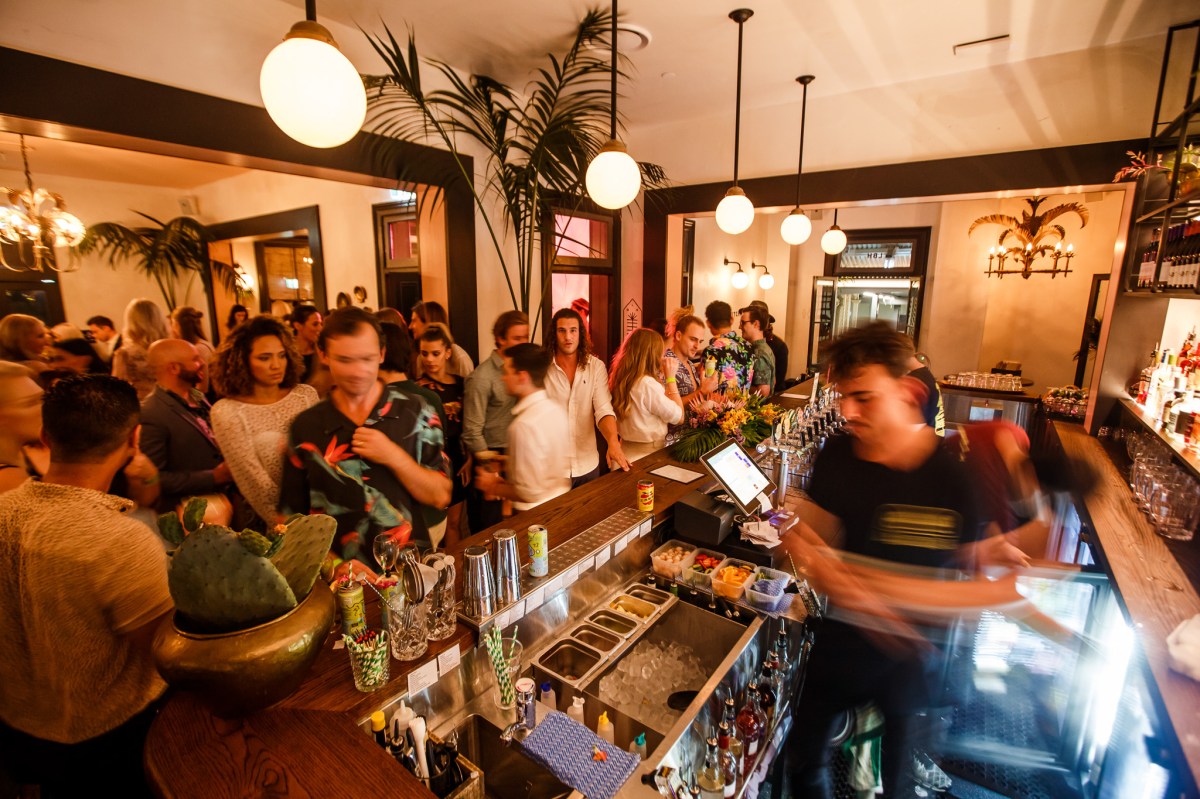The hospitality industry is beginning to slowly reopen as restrictions are eased across the country. But after the challenges faced throughout the pandemic, things won’t just snap back to normal.
The unprecedented events that business owners have faced have affected them in a number of ways. The Monday Group, a recruitment agency for the hospitality, events and leisure industries, wanted to gain a better understanding of these impacts on people and culture. To do this, they surveyed over 200 business owners and senior executives of leading companies in the hospitality and events industries, including Solotel CEO Justine Baker and Australian Venue Co CEO Paul Waterson.
The findings of this survey has now been revealed, showing impacts of the pandemic ranging across multiple facets of businesses. The Monday Group managing director Jonathan Lamm said while many findings weren’t unexpected, they’re still concerning.
“It was no surprise financial stress and finding business opportunities have been the two most significant challenges experienced by organisations during this time,” Lamm said.
Related to these challenges are the survey’s findings that 90 per cent of respondents said they had to reduce headcount and salaries due to the coronavirus. Also of note is the 58 per cent who have or expect to make redundancies, often concentrated in the mid-tier professional and junior manager segments.
“Team motivation and mental health were also reported as key challenges which will be an ongoing concern as job opportunities are expected to remain low. 37 per cent of respondents said they would hire less people after the restrictions are eased and over 40 per cent expect it will be 2021 before they are ready to hire again,” Lamm said.
As restrictions begin easing, only 11 per cent of respondents predicted they would start hiring again before August. For existing staff, 43 per cent of respondents said that team culture had been negatively impacted.
Lamm said: “The impact on culture can’t be ignored. In challenging times, employees look to their business owners and managers for cues on behaviour and leadership. Communication should be kept succinct and easy to understand. Especially if there is bad news to deliver. Don’t sugar coat it – be clear and direct. In the absence of clear communication, rumours can begin to circulate which can negatively impact you and your business further.”
The survey also revealed that many respondents were disappointed in support measures for those in the country on temporary visas. As previously reported, many non-citizen or resident workers were left without work and without access to a safety net when the pandemic struck Australia, despite their contribution here.
“A major concern shared by business leaders is the lack of support provided by the government to hospitality workers on temporary visas. They are the backbone of hospitality, yet it seems they have been forgotten by the government,” Lamm said.
Alongside the negatives, business owners also highlighted some positives they have experienced over this time. Key areas that the survey identified were that 63 per cent were spending more time with family, 48 per cent were saving time by not commuting and 45 per cent were exercising more.
In terms of the industry’s outlook for the rest of 2020, respondents were split between feelings of pessimism (44 per cent) and cautious optimism (43 per cent). Lamm said that although this shows how uncertainty impacts businesses who have suffered to varying degrees throughout the pandemic.
“As we enter a new phase of loosening restrictions coupled with the upcoming long weekend, there is no doubt we will see some form of honeymoon effect for hospitality in June, however, as the threat of a second wave still looms on the horizon, it will be telling to take stock of the industry July onwards. Driving around Sydney’s east, business losses are already evident with an increased number of for lease signs appearing in shopfront windows of former hospitality businesses,” Lamm said.

